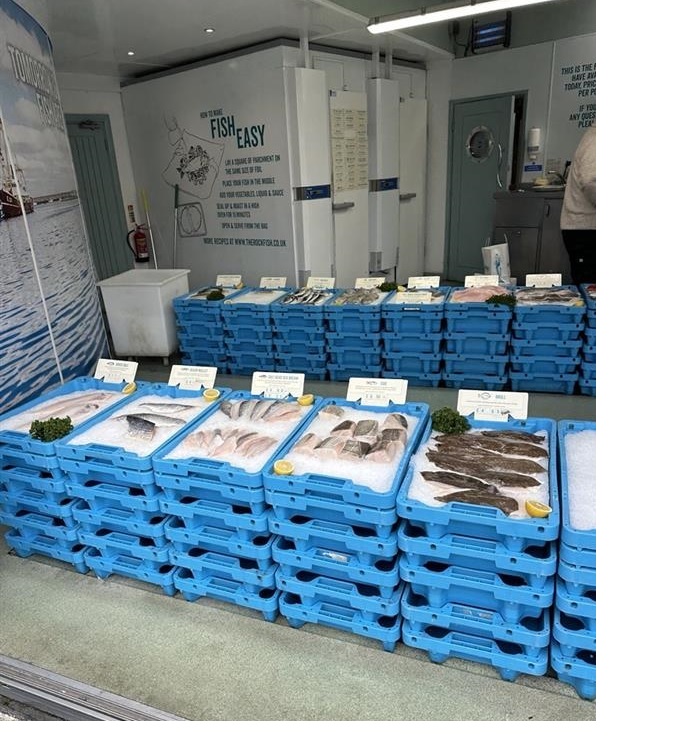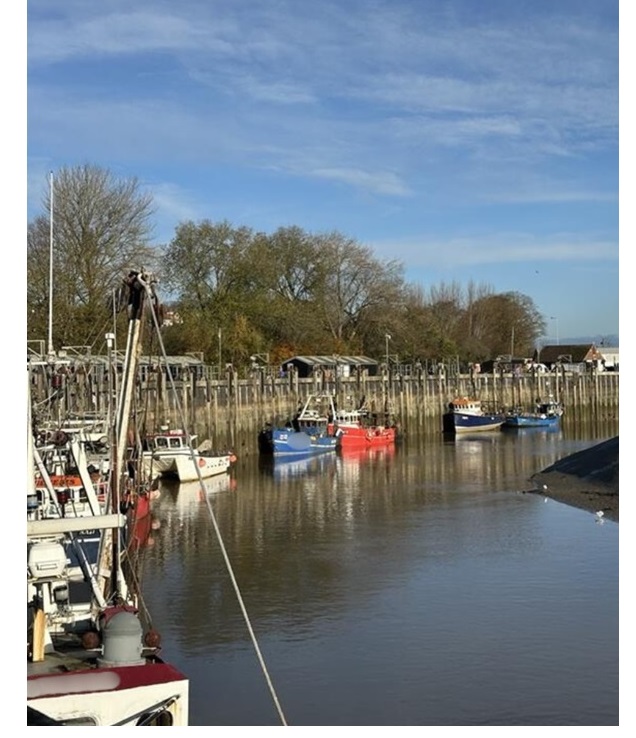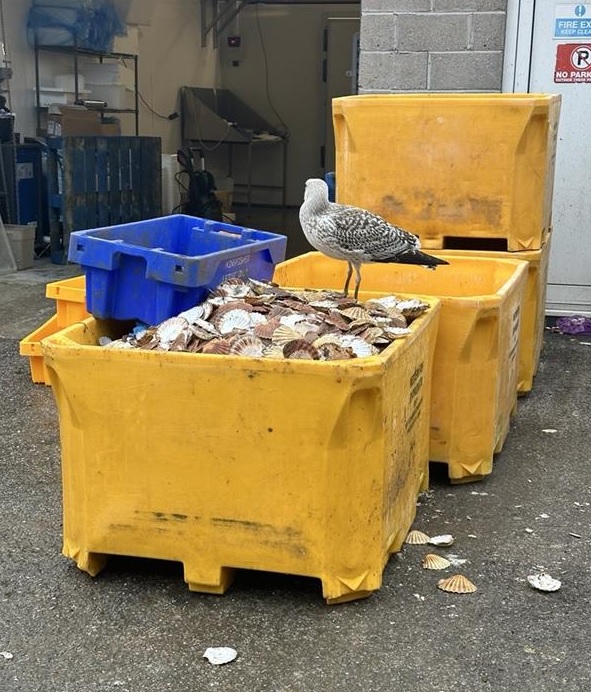Project overview
Funder: Marine Management Organisation through the Fisheries and Seafood Scheme
Over recent times the UK fishing industry has experienced a series of systemic shocks that have included changes in regulatory regime and trading arrangements (Brexit), modified supply and demand (COVID-19), and threats to profitability and livelihoods (fuel crisis exacerbated by the war in Ukraine and the cost-of-living crisis). Changes in regulations such as the seasonal scallop closure in parts of the English Channel has also had potential impacts on the fishing industry which need to be understood.

In Autumn of 2024, 71 participants were interviewed at various ports around the English coast as well as an online survey. This was to primarily understand how those working in the fishing industry have responded to global shocks such as Brexit, COVID-19, the war in Ukraine and the cost-of-living crisis as well as assessing whether a cumulative impact was experienced. Qualitative data was then combined with quantitative data, such as landings, catch price, and fishing effort, to evaluate the industry’s response to these shocks.
Understanding how the fishing industry responds to systemic shocks is crucial for building resilience within the sector. System resilience depends on the industry's ability to buffer disruptions, this is important for potential future shocks that may stem from extreme weather events, economic crises, geopolitical conflicts, or shifts in regulatory frameworks. By examining how fishermen adapt, or struggle to adapt, to these challenges, policymakers can identify where support is needed to enhance long-term sustainability and stability within the industry.
The aim of this project is to better understand the fishing industry’s response to these global systemic shocks, and what this meant for social, economic and environmental sustainability. From this understanding system diagrams can be developed to help visualise the interconnectedness of parts of the fisheries system.
This project aims to use novel interdisciplinary methods through a systems approach that combine geolocation data, social media data, economic data and social science to quantify the response of the fishing industry and fish stocks to systemic shocks. This will facilitate the development of greater understanding of how resources may be more sustainably managed in the face of future threats.

Further questions were asked to participants regarding their views on technological advancements, including the potential usefulness of an app to sell their catch directly to consumers. While this could lead to higher catch prices for fishers, only 42% of participants (n = 31) believed it would be beneficial. Those working on smaller vessels, particularly those under 12m, saw more potential in the idea compared to those on larger vessels, as the latter typically catch volumes too large to sell directly, relying instead on wholesalers. Many participants noted that while the concept was promising, the lack of essential infrastructure, such as ice stores and processing facilities, would make implementation challenging. Future funding grants could consider supporting these facilities, particularly in smaller ports, to improve small scale fishers’ profitability while also potentially reducing food miles.
If you are interested to know more details on the catch price analysis through this work, please email Freya Palmer.




